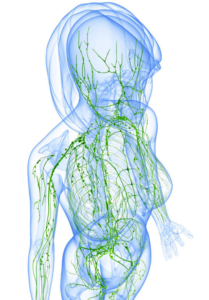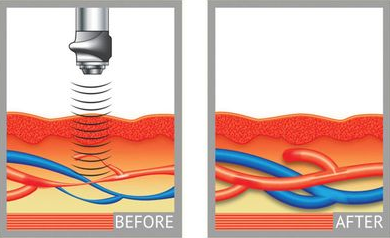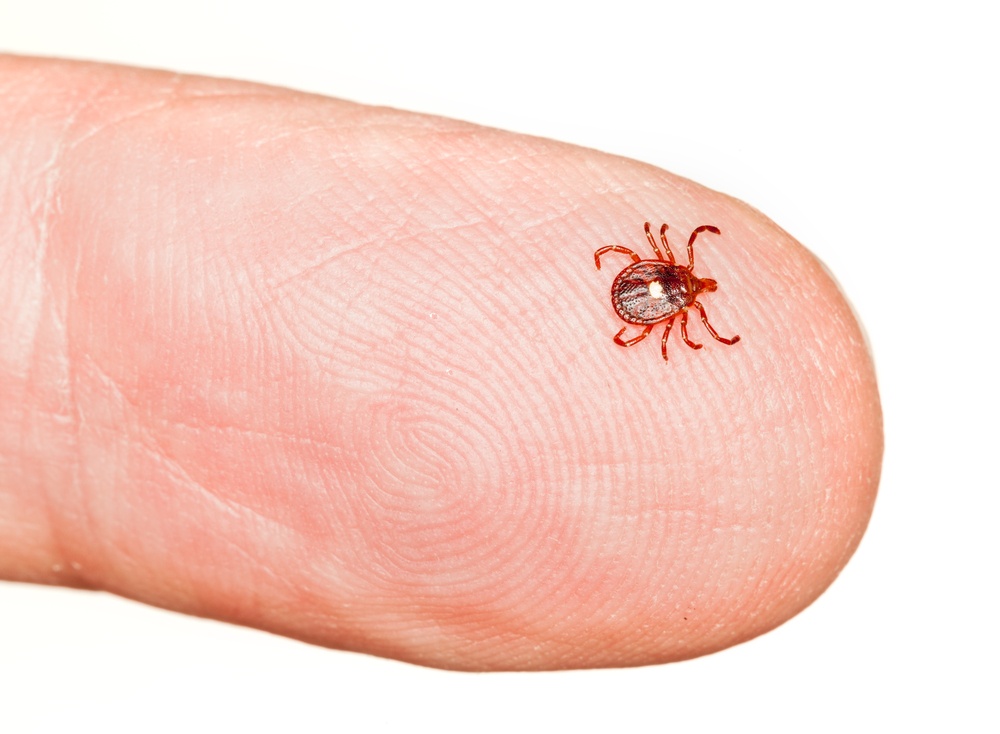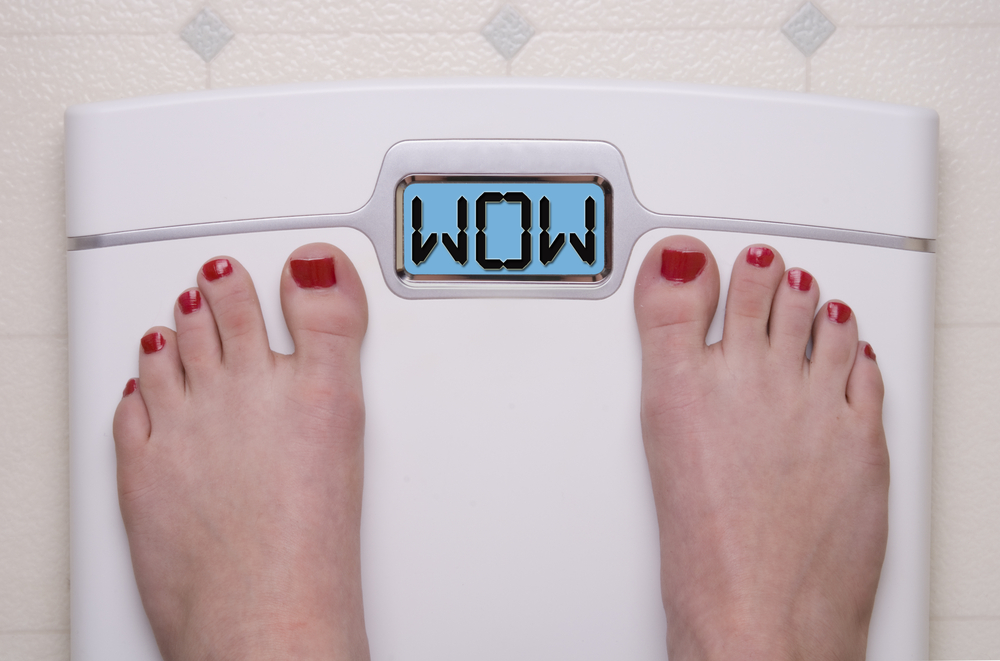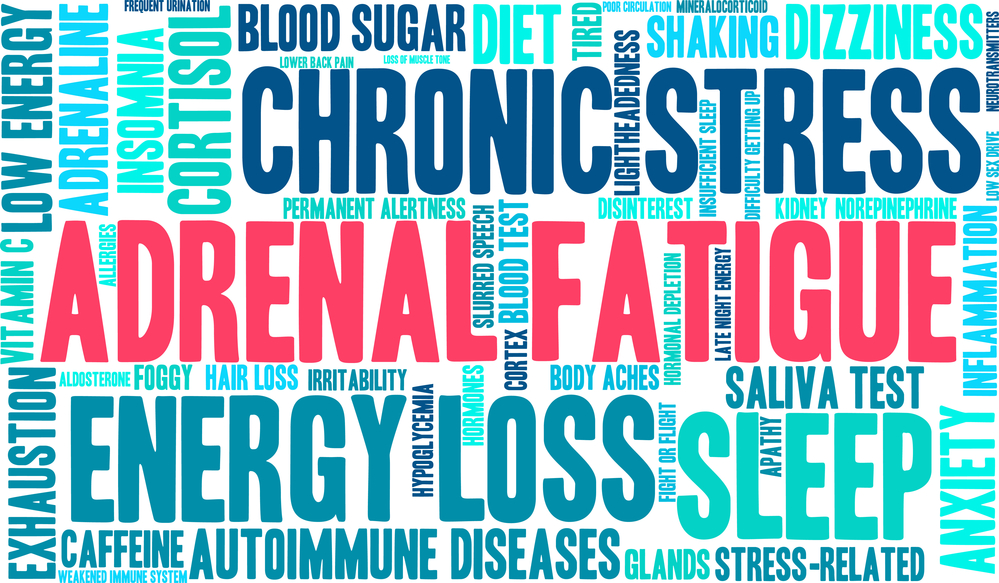Are You Too Tired To Tango?
If a man has problems getting or maintaining an erection up to 20 percent of the time he has sex, that’s considered normal. If problems occur more often than that, it’s best to seek medical help. A doctor can usually diagnose situational erectile dysfunction by checking a patient for physical problems and going over his health history. A monitor that measures the penis for erections while the patient sleeps can also be prescribed.
Not having or desiring sex as often as you did when you were younger is not a sign of a sexual problem. “For many older guys, having sex a few times a month may be enough, and is perfectly normal,” says Dr. Wheeler.
There are many potential causes of situational ED. “Occasional erectile dysfunction is common in younger men who still have lots of anxiety about first encounters,” notes Montague. And older men “may find that fatigue affects their ability to have an erection more than when they were young,” he continues.
Situational factors that can hamper sexual performance include:
- Stress. Stress causes the release of brain chemicals that can keep an erection from even getting started. The classic example is performance anxiety. “One erection failure can lead to fear and anxiety that can produce a temporary problem with erectile dysfunction,” says Montague.
- Fatigue. Sometimes you may just be too tired to tango. “Fatigue can decrease the desire for sex, and trying to have sex when you are fatigued is a common cause of ED,” Montague notes. This may be especially true if you usually have sex in the evening.
- Alcohol. Alcohol is a common culprit in cases of short-term ED. Although a drink or two may dispel stress and anxiety, too much alcohol depresses your sexual response. “Older men may find that alcohol interferes with sex more than it did when they were younger, but any man who is inebriated is unlikely to have a good experience,” warns Wheeler.
- Drugs. Many common medications, including over-the-counter medications, can cause short-term ED. Cold medications with antihistamines, some blood pressure drugs, prescription pain relievers, sleep aids, and pills for depression or anxiety are all possible triggers. “A common drug given for prostate enlargement called tamsulosin (Flomax) may also cause erectile dysfunction,” notes Wheeler.
- Condom problems. Unfamiliarity with how to use a condom, or having to interrupt the flow of sex to put on a condom, can cause an erection deflation and temporary erectile dysfunction, especially for younger men. “For older men, condoms can be a cause of erectile dysfunction because they cut down on the stimulation needed to maintain an erection, or to achieve orgasm,” says Montague.
- Relationship troubles. “Relationships change over time, and it takes two people interested in sex to have a good sexual experience,” notes Montague. Poor communication, unresolved anger, and other relationship issues can result in situational erectile dysfunction.
Treatment of Situational Erectile Dysfunction
- Try positive lifestyle changes: Quit smoking, limit alcohol to two drinks a day, get plenty of exercise, and eat a healthy diet.
- Plan sexual activity for a time when you have both energy and time for sex. “Try having sex in the morning instead of at the end of a busy day,” Montague suggests. “Take a vacation to recharge your relationship.”
- Avoid over-the-counter medications that may cause ED, and ask your doctor whether any of your prescription medications could be causing a problem.
- Talk to your partner about any anxiety you have about ED. For good communication, try talking openly about what arouses each of you, and keep in mind that intimacy can relieve performance anxiety.
- If you feel you need help to improve your psychological outlook, or to work on your relationship, consult a mental health professional — individual therapy and couples therapy are two options.

